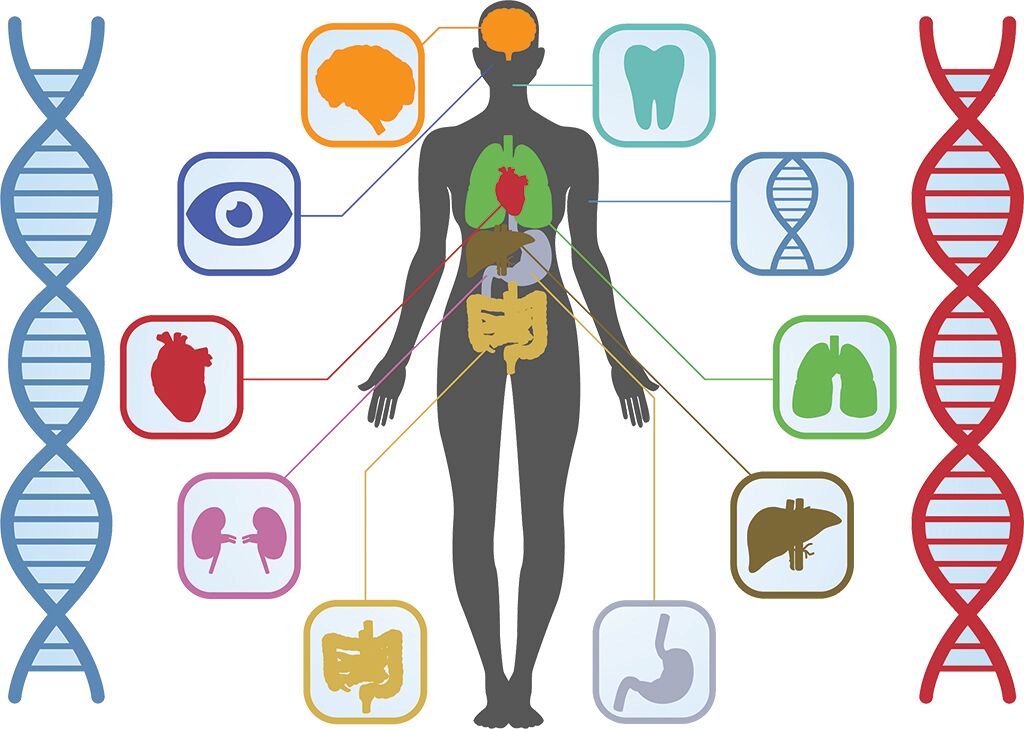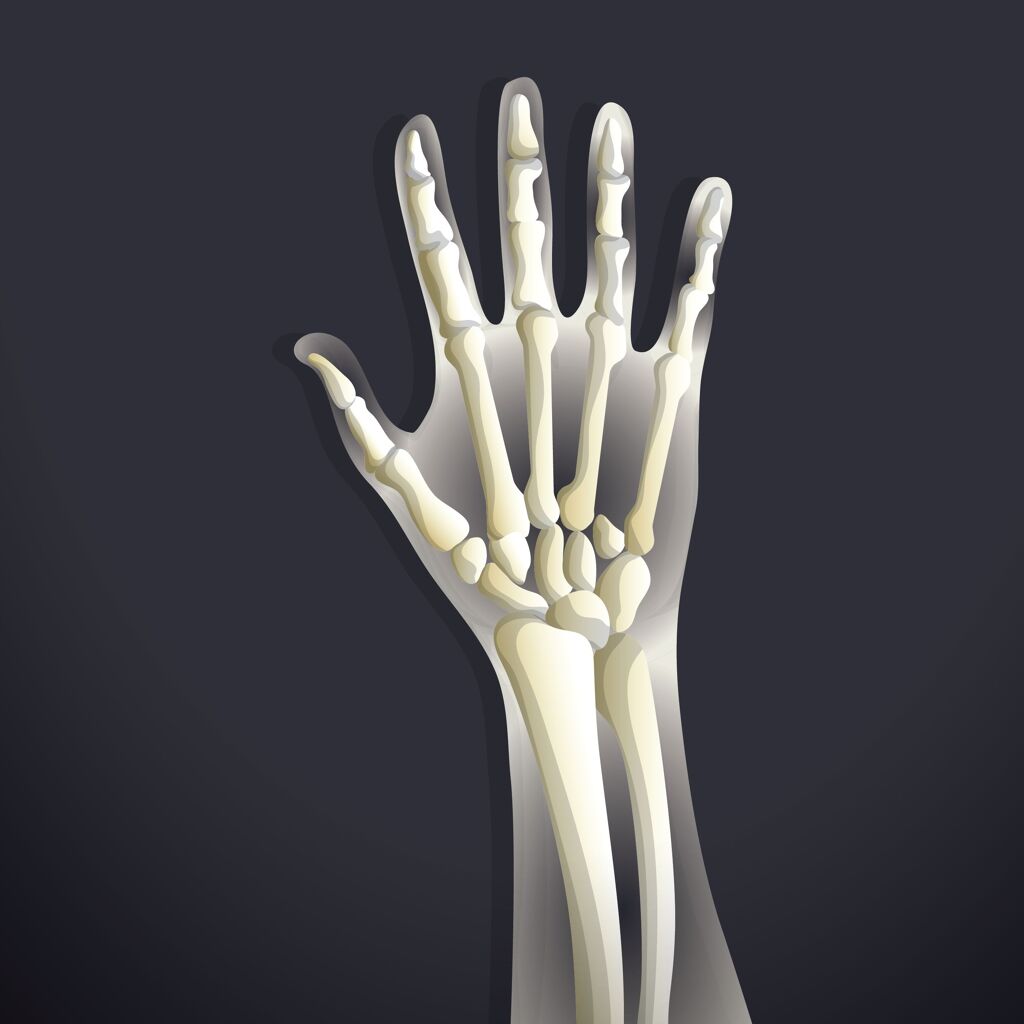Treating PANS/PANDAS with Functional Medicine

Does your child have mysterious symptoms that came on suddenly after a step throat or other type of infection? Does your doctor understand the problem and know how to treat PANS/PANDAS?
Read on for details about treating PANS/PANDAS, a relatively new diagnosis for sudden onset symptoms in children. With Functional Medicine, we can get to the root causes of this condition and treat PANS/ PANDAS naturally.
In this blog on PANS/PANDAS, you will learn:
- What is PANS/PANDAS
- How do we treat PANS/PANDAS
- What are the steps to a comprehensive treatment plan for PANS/PANDAS
For background, in our last blog, we explained what PANS/PANDAS is, what are the symptoms, what are the causes and how we can test for PANS/PANDAS. Please see our blog here to get all of the details.
What is PANS/PANDAS?
Here’s the Quick Re-Cap:
- PANS/PANDAS are both a sudden onset condition that develops in childhood, post a strep throat or other type of infection.
- PANS stands for Pediatric Acute-onset Neuropsychiatric Syndrome.
- PANDAS stands for Pediatric Autoimmune Neuropsychiatric Disorder Associated with Streptococcal Infections.
- Symptoms of PANS/PANDAS include drastic mood changes, anxiety, OCD, tics, anger issues, sleep issues and a worsening in academic skills, plus potentially many others.
- It is thought that PANS/PANDAS has a genetic component, an autoimmune component and involves impaired gut health and neuroinflammation in the brain. It is a condition in which the immune system overreacts to the initial infection and causes an autoimmune reaction. This creates inflammation in the brain and causes many neuropsychiatric symptoms.
- Diagnosing and testing for PANS/PANDAS can be tricky. It is important to identify the presence of an infection and antibodies to that infection.
- It is often a diagnosis of exclusion, meaning that other similar conditions must be ruled out to settle on a diagnosis of PANS/PANDAS.
What is the Conventional Medicine Approach to Treating PANS/PANDAS?
PANS/PANDAS is not a widely recognized condition amongst the traditional medicine community. It is relatively new condition that can be challenging to diagnose. Many doctors may not be aware of PANS/PANDAS. If they aren’t, they are not best placed to offer support simply because they are not educated in this area of medicine.
In conventional medicine, antibiotics are often used. The antibiotics can help to counteract the source of neuroinflammation. Immuno-modulating treatments are also used to help regulate the immune system and calm the autoimmune component. Finally, psychiatric medications are used to relieve the psychiatric symptoms of anxiety, rage, depression, OCD, etc. (Rea I, 2021).
One study found that the most effective therapy identified so far is psychotherapy, especially in cases of OCD (Rea I, 2021). The psychotherapy gave the most effective relief of OCD, and decreased stress in both the patients and their parents (Rea I, 2021).
In addition, antibiotics were found to be helpful in managing acute neurological symptoms (Rea I, 2021).
How do we Treat PANS/PANDAS from a Functional Medicine Perspective?
In Functional Medicine, we do things a little differently. We dig deep to find the root causes of the condition and then address those root causes one by one. We tend to try natural approaches before resorting to medication.
It is important to look at the relationship between gut health, immune function and brain health. Approx. 70% of the body’s immune cells reside in the gut. The gut – brain axis links the gut and the brain to each other. For these reasons, we need to work on gut health to resolve problems in the immune system and the brain.
In a Functional Medicine approach to PANS/PANDAS, we include the following steps:
- Treat the infection
- Address gut health and the autoimmune component
- Reduce inflammation
- Treat the brain with diet/supplements
Address the infection
Infection is the trigger for PANS/PANDAS onset. It is therefore vital to find out if there is still an active infection and which one it is. We start by testing for active infection so that it can be treated.
Important Bacterial Testing to consider:
- Anti-streptolysin O (ASO), Anti DNase B, Streptozyme: These are antibodies to strep infection. If they are present, there is or was a strep infection.
- Lyme and co-infections: Lyme disease, or a co-infection of Lyme, can trigger PANS.
- Mycoplasma pneumonia IgA & IgM: This checks for an active pneumonia infection.
- Pneumococcal Antibody titres: To check for antibodies to pneumonia.
- Epstein-Barr Virus: This common virus can be a trigger for PANS.
- Coxsackie A & B Titres: To check for antibodies to the Coxsackie virus.
- HHV-6 Titres: To check for antibodies to HHV-6, which is human herpes 6, a common childhood infection.
Once the infection is identified through testing, we can treat for it. In Functional Medicine, we may opt to use natural therapies instead of antibiotics. We can treat naturally with antimicrobial / antibacterial herbs and supplements. Berberine, oil of oregano, and neem can be very effective. We decide on a case-by-case basis which would be the best approach for the particular patient. Sometimes, people do not respond well to traditional antibiotics and find the natural approaches more effective.
To Read About Blog Topic, Scroll Down
Want To Work With Our Clinic?
Do you have a chronic or mystery illness that no one has been able to help you with? Are you simply wanting to re-connect with a healthier version of yourself? It’s Time To Finally Feel Better!
Gut health
In PANS/PANDAS patients, changes in, and reductions in, the ‘good’ bacteria in the gut microbiome increases the production of inflammatory molecules that can cause inflammation in the brain. It is frequently seen in clinical practice that about half of PANS/PANDAS patients have significant abnormalities in their gut lab testing. These patients will improve with targeted treatments for gut health.
It is vital to work on and improve gut health. Bringing the gut back into health and balance will simultaneously treat the autoimmune component. As we have covered in other blogs like this one on Leaky Gut here, we have to resolve any issues and improve gut health in order to reduce any autoimmune reactions.
We need to resolve imbalanced gut bacteria (dysbiosis), possible viral or bacterial gut infections, parasites, inflammation, leaky gut and other possible gut issues. Once this is completed, we will have reduced gut inflammation. In order to address the autoimmune reaction, we need to work on leaky gut. Treating leaky gut can take up to 6 months. You can reference our recent blog on how to treat leaky gut here.
We often use natural antimicrobials to rid the gut of infections and overgrowths. We might use antibiotics. Once we have completed this step, then we need to support the gut and repopulate the good bacteria. We do this by adding fermented probiotic foods and probiotic supplements.
Other therapies that benefit gut health include dietary changes, prebiotics and supplements such as zinc or glutamine. See below for details on specific steps you can take with your child to address PANS/PANDAS naturally.
Diet
We recommend an anti-inflammatory diet of unprocessed whole foods. Particular foods can lead to increased neuroinflammation and will activate the brain’s immune system, creating inflammation. We can decrease the chance of neuroinflammation at the root by following an anti-inflammatory diet. This means a diet free of gluten, dairy and excessive sugar. The diet can be further individualized for a particular patient based on food sensitivities, specific symptoms or other health considerations.
The cornerstone of an anti-inflammatory diet is to remove the following foods:
- Gluten
- Dairy
- Excess added sugars
- Processed foods
- Omega 6 oils like corn, canola, sunflower, safflower and other processed vegetable oils
Supplements
- Vitamin D: Vitamin D is anti-inflammatory and has antioxidant effects. A vitamin D deficiency is associated with mental health conditions such as depressions and schizophrenia. Vitamin D is also very important for immune health and fighting off bacterial or viral infections.
In studies, children with PANDAS had lower levels of vitamin D and a higher frequency of vitamin D deficiency than other children (Stagi S, 2018). Low vitamin D levels are also associated with recurring strep infections (Çelik G, 2016) and (Stagi S, 2018).
- Probiotics: We have seen that gut health is a factor in PANS/PANDAS (and in many other health conditions). Children with PANS are thought to have some degree of compromised gut health. The gut – brain axis links gut health to brain health. The gut can affect the health of the brain and vice versa through the gut – brain axis. Microorganisms in the gut can improve or damage brain health. For this reason, eating fermented foods or taking a probiotic can help both gut and brain health.
Supplementing with a probiotic rebalances gut bacterial populations and replenishes the gut with good bacteria after taking antibiotics or antimicrobials supplements.
One study shows that the bacterial balance in the guts of children with PANDAS is different from those of children without the condition (Quagliariello A, 2018). It is thought that strep infection changes the bacteria in the gut and has a negative impact on both the brain and immune system (Quagliariello A, 2018).
- Omega 3: Omega 3 fatty acids are found in fish, seafood and in fish oil supplements. Omega 3 is an essential nutrient, which the body cannot make on its own. So, it must be in the diet somehow.
Omega 3 can help to improve mood, reduce inflammation, enhance cognitive function and is very important for overall brain health. It is vital for brain development and function, so it’s key to include Omega 3 in a diet for children and teens with these conditions.
- Other supplements: A multi-vitamin /mineral to cover basic nutrition, magnesium and B complex vitamins can also help to support the body and brain, improving overall health and well-being.
In one study, certain natural treatments gave quite an improvement in PANS/PANDAS (Cooperstock MS, 2017).
These included (Cooperstock MS, 2017):
- Probiotics: 89% of patients were improved
- Vitamin D: 97% of patients were improved
- Magnesium: 94%
- Gluten-free diet: 86%
More things that we can do for PANS/PANDAS include:
Movement and exercise
If your child is often indoors on screens, it’s time to get them moving. Regular movement and exercise is a stress-reducer, improves sleep quality and energy levels, as well as improves cognitive function. It can also enhance mood, fight depression and give better mental focus.
Address an overactive nervous system
Children with PANS/PANDAS may have an overactive nervous system that gets stuck in fight or flight mode. We can calm the nervous system and the stress response by addressing HPA axis dysfunction. We can use adaptogenic herbs for this purpose. Calming herbs like passionflower, skullcap, lavender, chamomile, lemon balm and the supplements l-theanine and magnesium, can all help to calm and rebalance the nervous system. These will also help with sleep issues.
Reduce inflammation
All of these measures; the anti-inflammatory diet, resolving gut issues, supplementing omega 3 and probiotics and treating the infection at the heart of PANS/PANDAS, will all serve to decrease inflammation. This will help the body, the gut and the brain to get back into balance.
Brain health
Brain health will be enhanced by reducing the gut problems and resulting neuroinflammation, taking omega 3 brain-boosting supplements, following an anti-inflammatory diet and the other steps.
*********
Once we address the triad of gut health, immune health and brain health through this multi-pronged approach, we will go a long way to improving and possibly even resolving symptoms of PANS/PANDAS. Get in touch with us today if you would like to know more about how Functional Medicine can help.
Summary
- PANS/PANDAS can be treated naturally with Functional Medicine therapies.
- Infection is the trigger for PANS/PANDAS. One of the key treatment steps is to test for, identify and treat for the infection that is the trigger.
- Simultaneously, we want to address gut health which contributes to the autoimmune component. We do this by identifying the gut issues – overgrowth in bad bacteria, bacterial or viral infection, parasites, inflammation, leaky gut – and resolving them with diet, herbs and supplements.
- We will need to change the diet of the PANS/PANDAS patient and follow an anti-inflammatory diet that avoids key triggers for inflammation like gluten, dairy and excessive added sugars.
- These steps will reduce the inflammation, which is also a goal of treatment.
- Finally, we can treat the brain by reducing neuroinflammation and resolving gut issues. Further, the diet will support brain health. Adding certain supplements like Omega 3 also promotes better brain health.
** Please continue following us for our next Blog on the Functional Medicine approach to chronic diseases **
As always, please get in touch with us. If you or someone you know is struggling with cognitive or neurological symptoms, contact our clinic today. We can work on any issue(s) and improve your health. Book a free health evaluation call with us today, to see how we can help you with your concerns. We can answer your questions and help you book an initial consult with one of the functional medicine doctors in our clinic.










